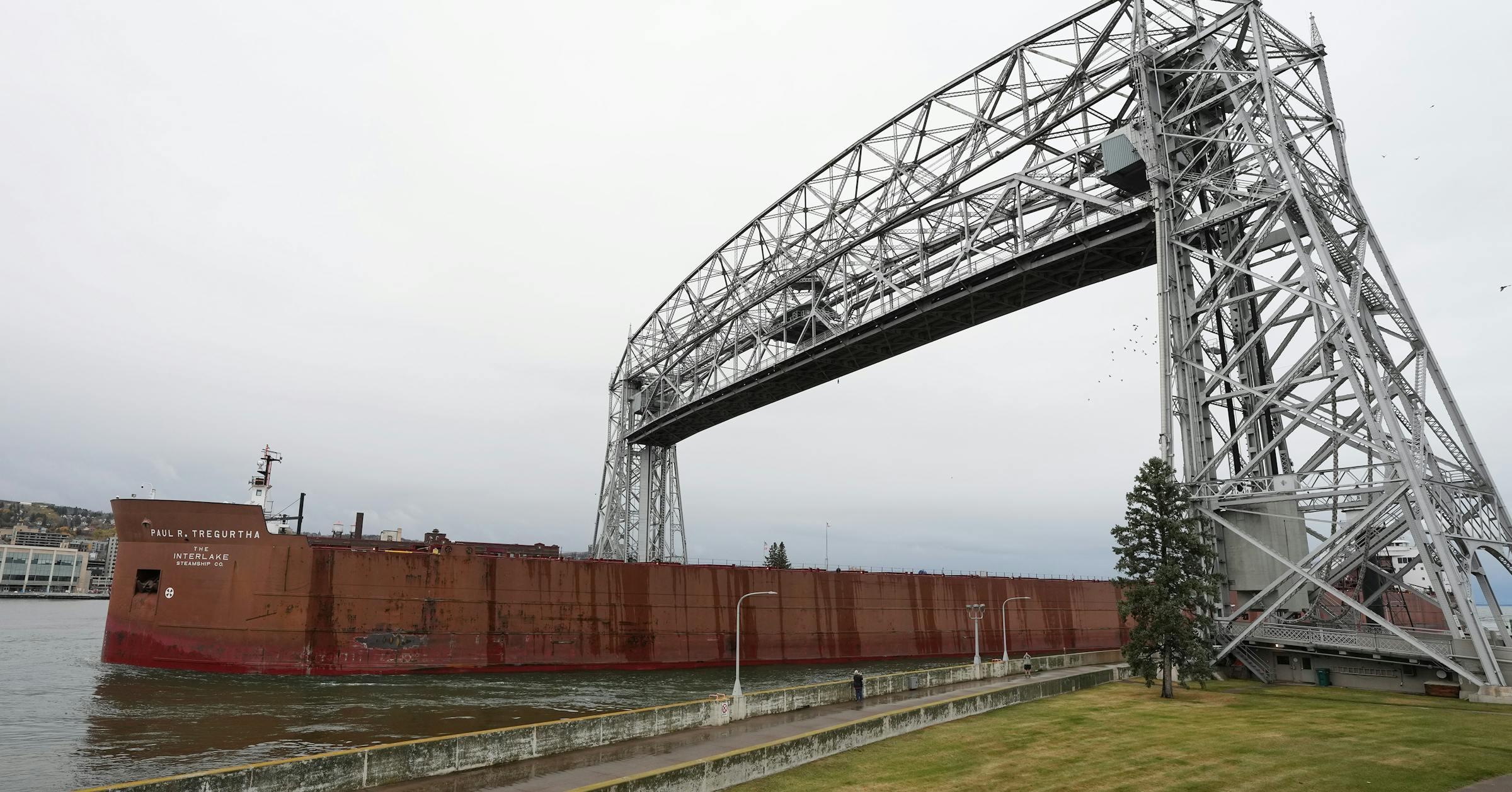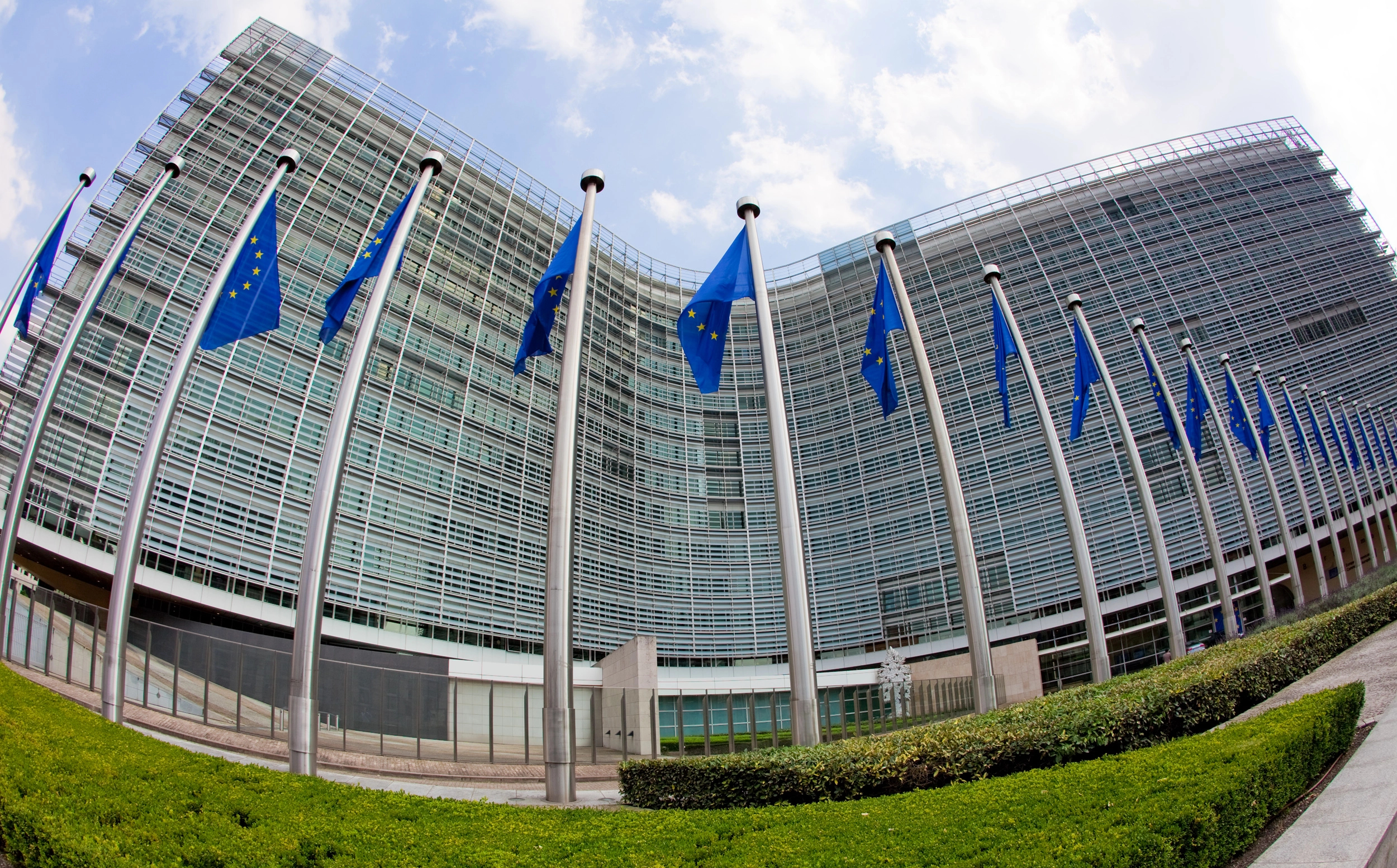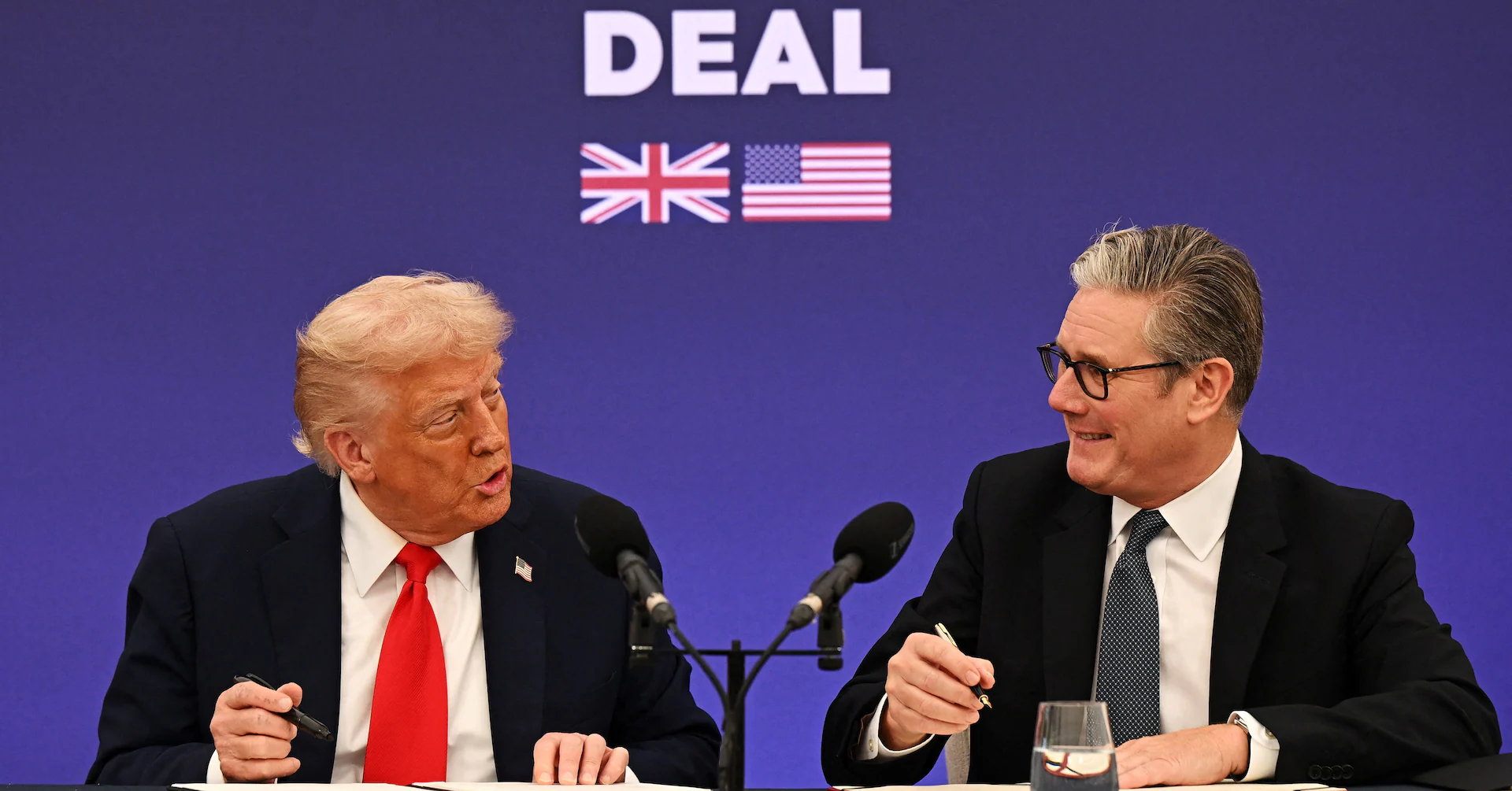
Water shipping is the most economical and environmentally friendly way to transport goods in the world. A Duluth laker moves as much tonnage as 2,800 trucks with one-tenth the amount of fuel.
The Port of Duluth and neighboring Superior, Wis., send iron ore, grain, coal and other goods across the Great Lakes and to foreign lands. A ship laden with Minnesota cargo may touch the warm waters of the Mediterranean Sea.
More ships mean more trade, which means more jobs somewhere up the road. We might count a lot more ships if the United States weren’t stalled in a trade war and economic slowdown. Regardless, we can make more use of this inland port in our rapidly changing world.
Last week, the Duluth Seaway Port Authority released a midseason shipping update. Tonnage in nearly every category was down, with total tonnage down 8.6% in the 12 months prior to Aug. 31.
Iron ore, the bell cow of Duluth shipping, was down 9.4% year to year. Beardsley attributed the decline to reduced shipments to Canada, where steel mills are using less American ore. But U.S. iron ore demand is falling, too. The economy is one reason, but newer steelmaking technology requires less raw ore. This fact nibbles at Minnesota’s iron shipments each year.
The most dramatic drop at the port came from a 31% decline in grain exports. If late-season grain orders don’t increase — and that’s looking iffy — Duluth will record a 140-year low in grain shipments. For perspective, that dates to when many Great Lakes ships were made of wood.
Last week, the CHS grain elevator at Superior closed, laying off 18 workers. The facility loaded oceangoing ships, called “salties,” with grain bound for international ports. The company cited changing supply chains as its reason for closing the facility, likely anticipating what now appears to be a collapse in foreign demand for U.S. grain.
Duluth and Superior still have five other grain elevators in regular operation, though CHS shipped the most. The Port of Duluth competes with the Mississippi River to move grain. Barges from Coon Rapids head south for overseas shipping when the river is high enough. But with reduced demand, everyone is shipping less this year.
But good news sails in with the bad. This is the 20th year that Duluth has been a terminus for international wind turbine components, and this year was especially good.
Sitting at a Subway restaurant, I once watched trucks loaded with wind turbine blades navigate the turn on Hwy. 2 in Grand Rapids. Beardsley said the port’s secondary transportation infrastructure is another advantage, with ample railroads and wide highways in all directions.
Another 2025 success story has been the port’s new program for break bulk container shipping. It takes a lot of goods to fill a whole international ship, so the port now helps coordinate shipping by individual container.
“This is a growing opportunity for us in the port,” said Jayson Hron, spokesperson for the port authority. “Bringing cargo into the port from around the globe has been going very well. It’s been more challenging to find cargo to send out.”
One is that you can’t play politics with global trade without hurting American businesses and workers who export products. Uncertainty might be unavoidable, but it can be reduced with steady policy. And while “the market” might not always be a friend to “the people,” it can provide important feedback. For instance, Minnesota’s iron mining industry must adjust to new steelmaking technology, or it will never grow again.
When times get tough, it’s important to take stock of the strengths and weaknesses of your position. In Minnesota, we struggle with weather and the changing nature of our legacy industries. However, the ability to ship worldwide from the middle of a vast continent must be counted as an enormous advantage.
Instead of closing off our trade partnerships, we should double down on the quality of the goods we mine, farm and make in Minnesota. Unlike most of our neighbors, we can project our commodities and labor to the rest of the world with relative ease. It’s hard to predict what policy whims come out of Washington these days, but Minnesota may yet compete worldwide to further diversify and protect our unique economy.



